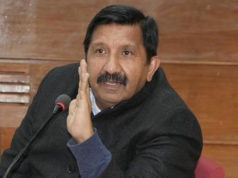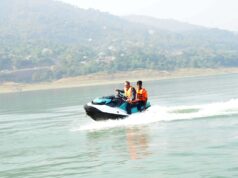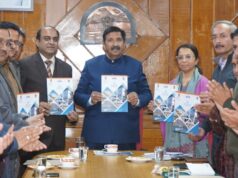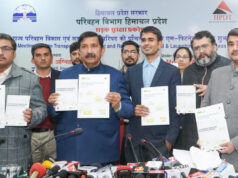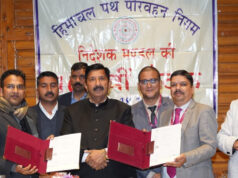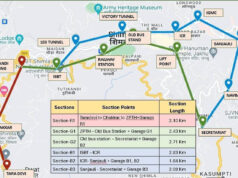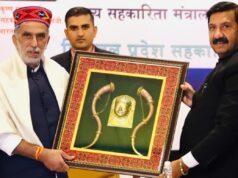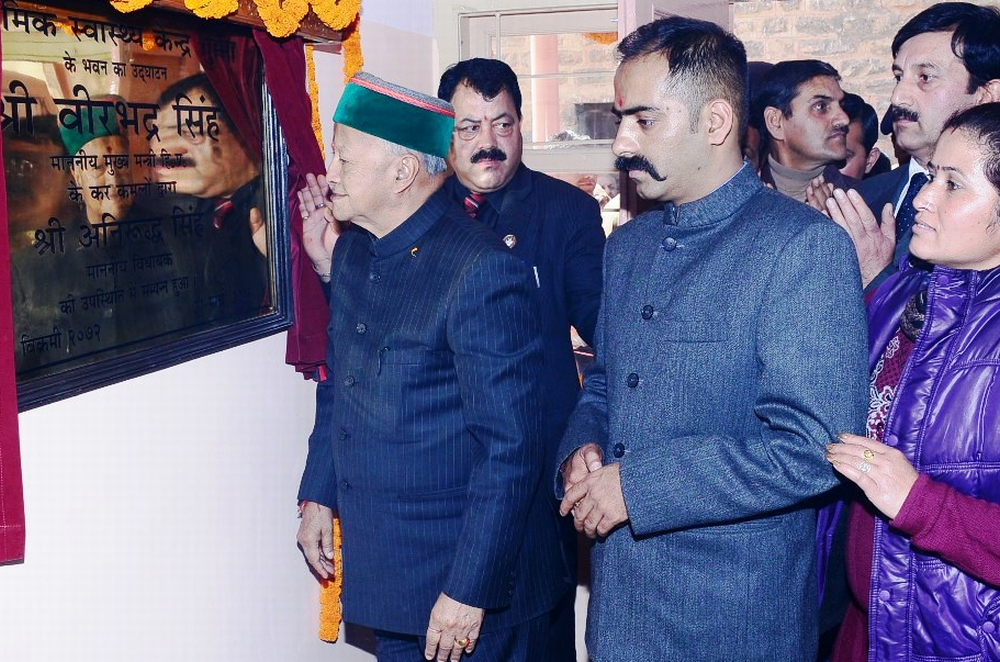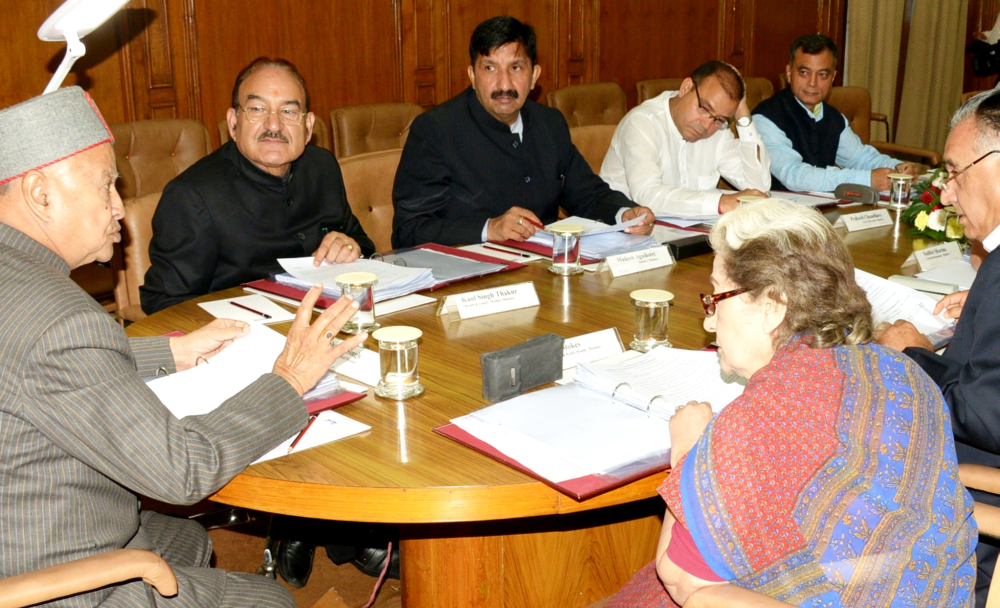Shimla – In the wake of relentless rains and floods causing substantial damage to Himachal Pradesh’s drinking water infrastructure, Deputy Chief Minister Mukesh Agnihotri chaired a virtual review meeting with officials of the Jal Shakti Department to assess the situation. The state is grappling with a loss of Rs. 1862 crores, further exacerbated by recent losses of Rs. 212 crores within four days.
Addressing the gathered officials, including Chief Engineer Sanjeev Kaul and other senior staff, Engineer-in-Chief E. Sanjeev Kaul highlighted the challenging efforts of the department in restoring almost all the drinking water schemes damaged during last month’s rains. Despite the tireless work of department personnel, the recent deluge has inflicted severe losses, leaving 9508 drinking water schemes compromised. Out of these, 8273 schemes have been partially or fully restored. The cumulative loss sustained by the department now stands at Rs. 1842 crore.
Mukesh Agnihotri commended the dedication of the department’s employees and field officers, acknowledging the hardships posed by broken roads, landslides, and overflowing water bodies. He expressed optimism about the swift revival of the schemes, despite the current challenges. The Deputy Chief Minister instructed officials to explore alternative arrangements for drinking water within 48 hours for schemes facing prolonged restoration delays.
Agnihotri also revealed that he had previously met with the Union Minister on behalf of the state government, pleading for the declaration of a natural calamity given the extensive damages incurred. He urged the central government to provide financial assistance for the rehabilitation of drinking water schemes, echoing the urgent need for support.
To ensure transparent communication and necessary action, the Deputy Chief Minister directed the officials to inform the Center about the losses sustained by the department. Emphasizing his commitment to revitalizing the schemes, Agnihotri pledged an immediate release of Rs. 50 crore for repairs. He called for stringent quality control measures, mandating regular water sampling and appropriate chlorination.



